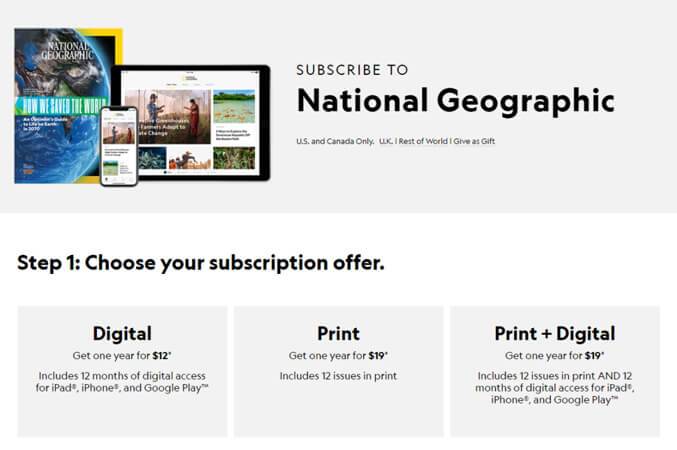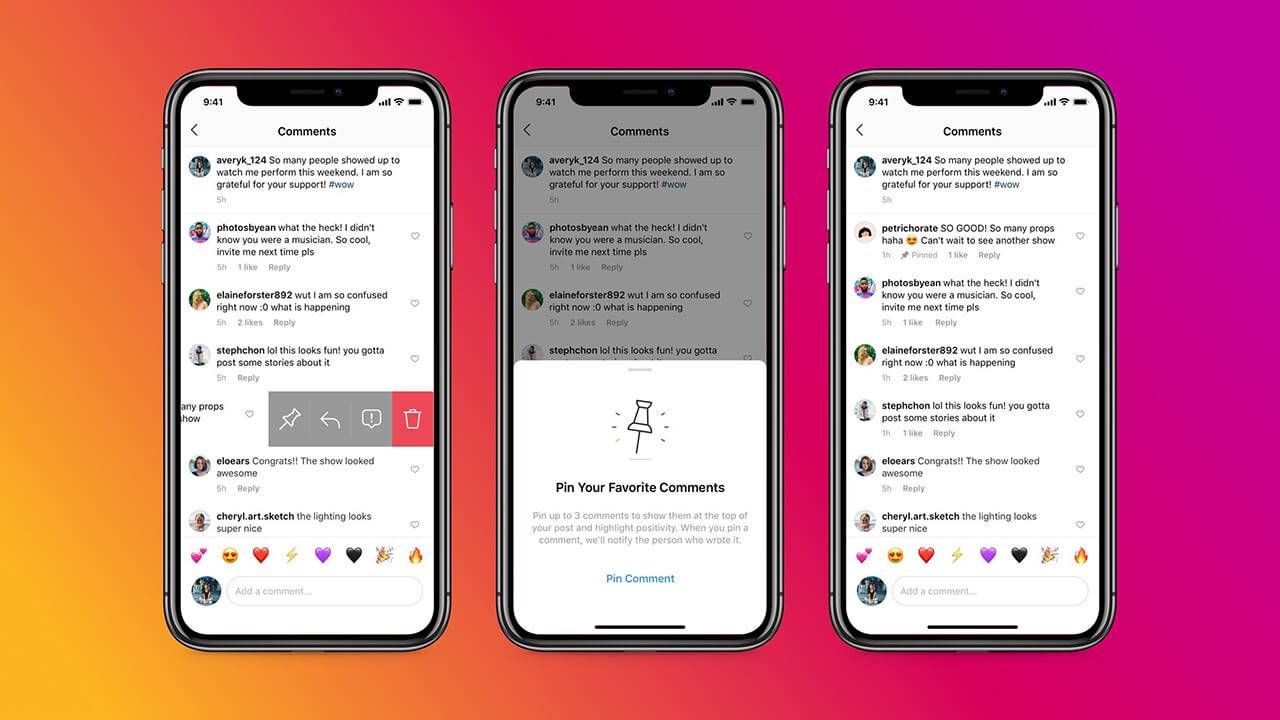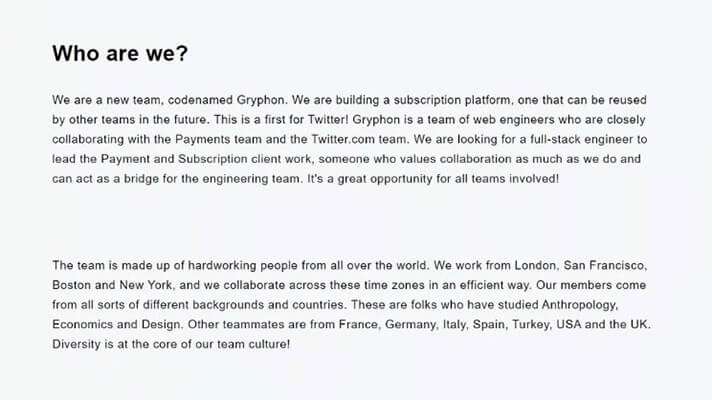Rally the Trends – July
A monthly round-up of digital marketing, SEO, and social media updates, summarized for you.

Hello there, you. Welcome to the third edition of Rally the Trends! Thanks for visiting this highlight reel of the digital marketing world. We’re so glad you’re here.
SEO
SEO is the New MVP: The industry of Search Engine Optimization (SEO) has grown significantly in the past 15 years. However, there is still a number of executives and companies that don’t understand its importance, or the resources required. One surprising outcome of 2020 and the pandemic is the emergence of SEO as a top priority marketing channel. Why the shift? Marketers – executives in particular – have found themselves in a situation they never could have anticipated. This position precipitated a careful reconsideration of budgets, content, and value propositions, bringing SEO top-of-mind. SEO professionals must work to be the voice of searching audiences as they facilitate collaboration across the company. It is no longer an option for SEO to be an afterthought. To truly make search the priority, there has to be a reset in thinking (facilitated by the SEO team), so that the same language is spoken across the entire organization.
RE: How to Become an SEO Expert: “SEO Expert” might be a title you see often. Here’s a little secret: Your 2nd – level LinkedIn connection that just messaged you might not be an expert on search engine optimization. Some people new to SEO read a few books or articles, think it’s an easy process, and – voilà! – they proclaim themselves an SEO guru.
Sadly, that’s just not how it goes. Just like expertise in any field, learning SEO takes time, patience, and a lot of commitment.
Search Engine Journal recently published an article with 21 ways to start building your SEO skills and become a (true) SEO expert. All of them are great suggestions, but these are a few of our favorites (in no particular order):
- Understand the basics – Study user intent, understand how search engines truly operate, and deep-dive the tools and techniques needed to optimize websites.
- Learn WordPress – This is the best platform for SEO.
- Use quality link building tactics – Link building is an expansive and sometimes divisive topic but remember this: quality over quantity.
- SEO is a marathon, not a sprint – Google’s algorithm is always changing, so SEO is a process that can always be improved. It’s not a checklist item.
Digital Marketing
Good Clean Fun (Brands): Have you been wondering how to market to Gen Z? The younger generation is probably best known for its affinity for and relationship with technology. Gen Z has grown up in a digital world with the internet always being the norm. With roughly 65% of this generation using the internet for entertainment, online streaming and media are a key touchpoint for reaching them. Gen Zers favor genuineness and are more trusting when brands emphasize authenticity and real customers in ads. According to a WP Engine survey, product quality, good ratings, and customer service are what Gen Zers look for the most when assessing the trustworthiness of a brand.
Behavior on the Brain: Studying consumer behavior is the driving force behind a successful marketing campaign. Seeking to understand why consumers make the choices they do and the journey they take to those decisions is what good marketers and advertisers are always doing. Simple psychological principles are invaluable in learning the why behind purchasing decisions. AdEspresso gives 6 principles of marketing psychology that influence consumer behavior, such as:
- Social proof – People make purchasing decisions based on what they see others buying. This is evident through the power of customer reviews and user-generated content (UGC).
- Scarcity – The idea that people think more highly of and seek something more if it is perceived as scarce. More recently, this concept has been coined the fear of missing out (FoMo) and is used in marketing for limited collections and flash sales.
- Decoy effect – Essentially unique to marketing psychology, this method introduces a third option that often makes a more expensive product or service seem better. The National Geographic subscription options below give an example of this.

Source: AdEspresso.com
Things Facebook Doesn’t Like: Boycotts. Specifically, major brands pulling their advertising dollars in the Stop Hate for Profit campaign. This month-long boycott that started at the beginning of July is in protest against Facebook’s response and handling of hate speech and false information. To Rashad Robinson, the president of Color of Change and an organizer of the boycott, Facebook has had this coming for a long time. Household names such as Patagonia, The North Face, and Ben & Jerry’s announced that they would be pausing their ad spending across Facebook and Instagram. While some of the largest spenders, from Starbucks and Microsoft to Lego and Coca-Cola, have joined the boycott, most of the top 100 have not. And here’s another interesting piece: if all 100 top-spending companies boycotted, that would only account for 6% of the company’s yearly ad revenue. This means that a majority of the more than 68 billion in revenue that Facebook brought in during 2019 came from small businesses. These businesses can’t let go of the targeted and affordable advertising opportunities that Facebook offers.
The Rally Rundown: The Stop Hate for Profit is being used by companies to make a powerful statement. They are putting their money where their mouths are to fight injustice and hate. Facebook’s Mark Zuckerberg has agreed to meet with the groups leading Stop Hate for Profit. But with the 100 biggest spenders making up only 6% of Facebook’s huge annual ad revenue, the platform’s bottom line is not suffering just yet. Smaller companies will have to make the difficult choice between continuing to advertise and grow their businesses or join the campaign.
And the Apps Came Crashing Down: Because we need more dysfunction in 2020. Around July 10th, apps such as Pinterest, Spotify, and Waze were crashing on iOS devices. The common thread among these broken apps was a shared software developer kit (SDK) used to manage user sign-on information. Who holds this SDK? Facebook. This is not the first time this has happened either. A similar issue occurred at the beginning of May. One reason why companies use this SDK is because of the pertinent data on app usage and advertising they receive from Facebook. In return, the tech giant gains valued data on an app’s users.
Is TikTok Reeling? With the recent ban of TikTok in India, Instagram has strategically rolled out Reels there, its response to the viral short-form video app. Reels is formatted like TikTok, with 15-second videos that loop, the ability to stich clips together, and the option to add music or original audio. India was TikTok’s largest market after China, which makes the ban a significant loss. With the recent discussion of banning TikTok in the U.S., Reels has the potential to be competitive with its controversial predecessor. Reels is reportedly coming to the U.S. and many other countries next month.
Let’s Put a Pin in That: Instagram recently announced pinned comments for everyone. The goal of this new feature is to encourage healthy interaction by highlighting positive comments. Time will tell how effective this strategy is, but all users can now pin up to three comments under a post. Brands could use pinned comments to highlight followers who engage often and interact positively with the account. Another suggestion given is to use a comment as a FAQ by pinning a popular question and the brand’s answer. Pinned comments are available for Instagram users worldwide.

Source: Vishal Shah on Twitter
Twitter
Twitter+: Shares of Twitter closed with a 7% increase on July 8th due to a job listing announcing work on a subscription platform codenamed Gryphon. Understandably, this sparked numerous reports that led to the listing being updated and the info removed. Twitter’s revenue would certainly see an increase with a subscription option. Twitter has discussed a subscription model a few times before, and a move to this format has been predicted. While functionality is yet to be determined, this platform could be offered to high-profile users and creators to distribute member-exclusive content (à la Facebook Fan Subscriptions). However, the recent hacking of high-profile Twitter accounts caused a drop in stocks during after-hours trading.

Source: SocialMediaToday.com
A-Town Shoutout
With Atlanta rolling back to Phase 1 of reopening due to an uptick in cases, staying hopeful during COVID-19 can seem bleak. It’s difficult to be separated from family and friends for such a long time with no definite light at the end of the tunnel. If you’re like us, you also miss being out and about in the city. While nothing can compare to Atlanta brunch or perusing the halls of the High Museum in-person, this guide from Thrillist gives you some tips for livin’ it up in the city – from a safe and social distance.
Keep your masks on, Atlanta. Don’t let the July heat get the best of you. Stay hydrated. Keep building better relationships. We’ll see you soon. 👋🏽👋🏾👋🏿










